Bringing back the wonderment and developing curious and creative learners
We did an exercise across our school community with pupils, teachers and parents earlier this academic year to identify what skills, experiences and outcomes we should give our pupils so that they can be successful in their lives both during and beyond school.
I would suspect that the results would be similar if you pulled together any interested group of young people, parents and educators – they wanted thinking skills like creativity, critical thinking and problem solving; socials skills such as empathy, respect, teamwork; self-management skills; digital and information literacy skills; communication skills and I could go on. Interestingly there was little emphasis on assessment and examinations from the pupils, a nod to this as a given by the parents but for the teachers this was much more prevalent in their thoughts and responses – particularly in the Senior School. For isn’t that the job of the Senior School teacher to ensure that pupils learn everything they need to know to be successful in their examinations so that they can move on to the next stage – whether that be work, college or university – and isn’t that the ultimate measure of their success as professionals.
The problem with this is that the exam system in Scotland does not measure all of the valuable skills that are so important for our young people to be truly successful in their lives – in fact in some ways it penalises them. Pupils need to learn the key words, memorise passages, they need to follow the exam ‘formula’ and they are not rewarded for creative, critical or original thinking. Our world is in crisis and it does not need this type of passive learner it needs the problem solvers, the creative thinkers, the innovators, the collaborators and those with the courage to think outside of the box.
So is the answer to scrap the exams then? On the back of all exams being cancelled this year this is something that is floating around as an educational idea. I think there is merit in reviewing the exam system and its purpose. However, this is something that has been done recently and it did not deliver radical change. Assessment in itself is not wrong but it should support the aims of education rather than dictating them. What we need is to reframe society’s view of education and get away from the idea that the purpose of school is to provide the ticket to the next stage in a young person’s life.
The journey must become as important as the destination – we need to focus on the learning, not the end point. We must ensure that we are equipping our young people with a tool kit and a mindset to take on the challenges of the world – providing meaningful and engaging experiences in and out with the classroom that give our young people the opportunity to develop those all-important 21st learning skills. Ensuring a deep conceptual understanding rather than a superficial ability to follow rote algorithms and memorise ideas. It is also crucial that our pupils feel they have ownership over their own learning rather than it being something that is ‘done’ to them.
At Lomond this starts at the earliest of years with our commitment to play-based learning allowing curiosity, problem solving and independent learning to start to blossom. Our mastery approach to Maths is now in its 4th year and we have seen year on year improvements in our pupils’ mathematical confidence, ability to tackle new and unseen problems and a significant improvement in our diagnostic testing. We have now begun our move to an enquiry-based approach to learning across the school. This along with scaffolded support to teach those all-important skills, aims to put our pupils at the centre of their own learning in order re-kindle the sense of wonderment and curiosity that so often is lost in the journey to adolescence.
Most young people spend 15 years in education surely we must ensure that the outcome of all of that time is not just a couple of pieces of paper with some grades on them.
Johanna Urquhart, Principal
This article appeared in The Times on 28 May 2020.
Book a tour
Visit our Junior School and speak to our teachers to find out more about what sets the Lomond School curriculum apart.
